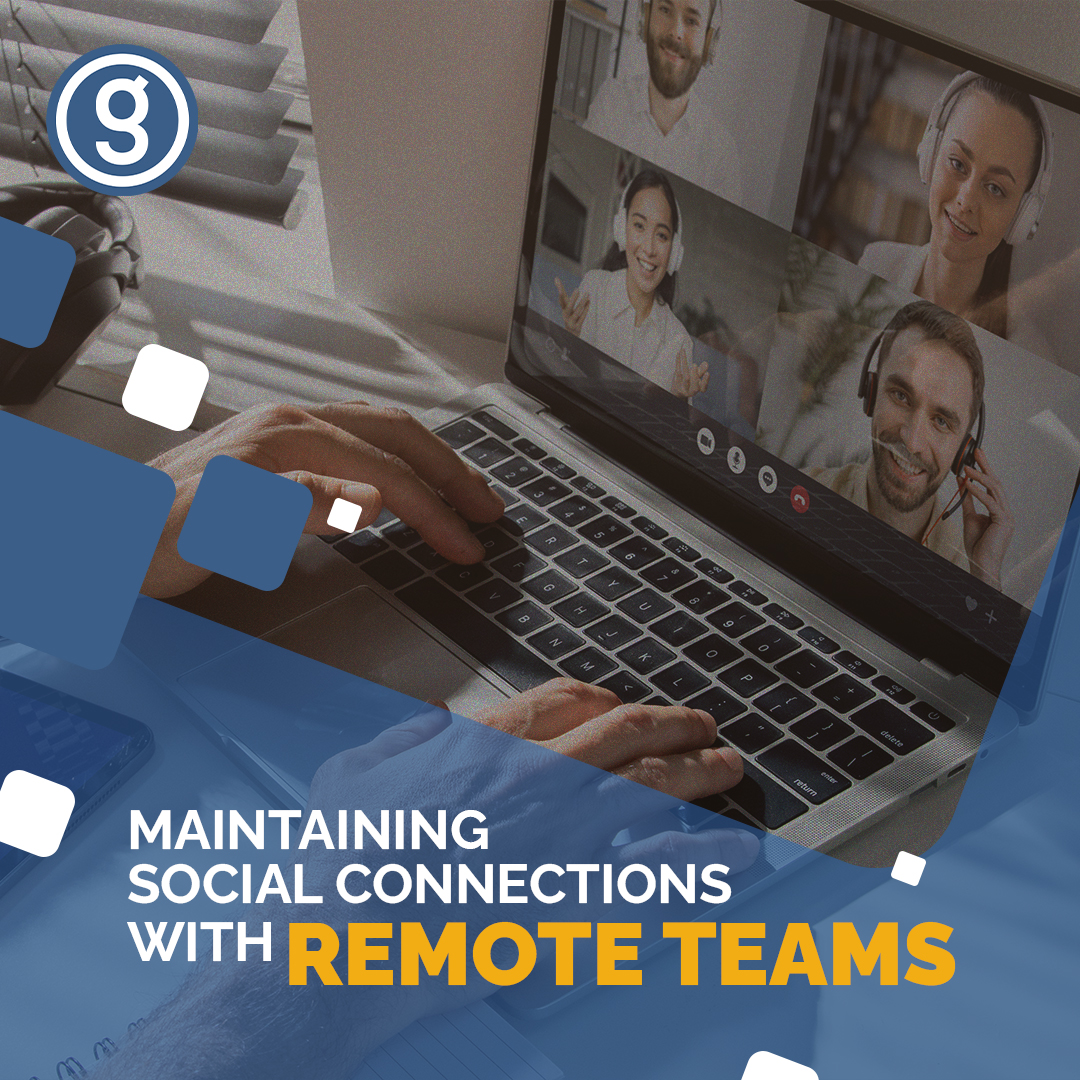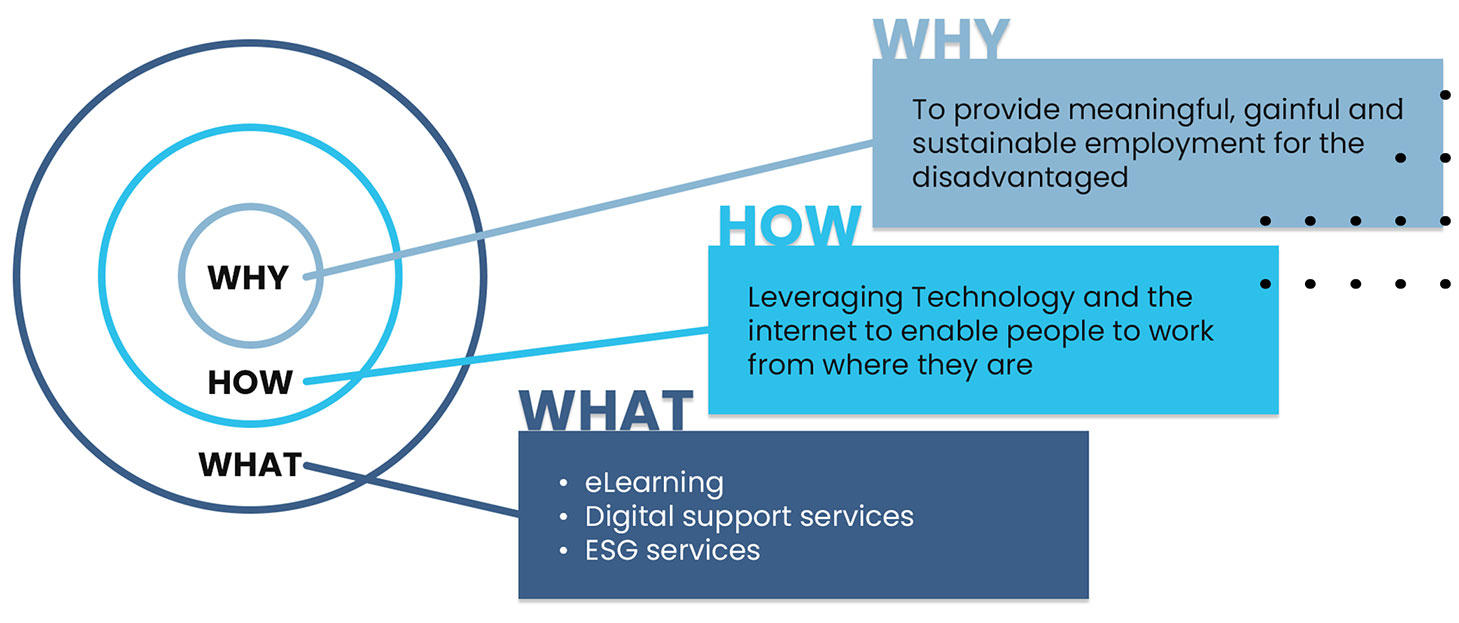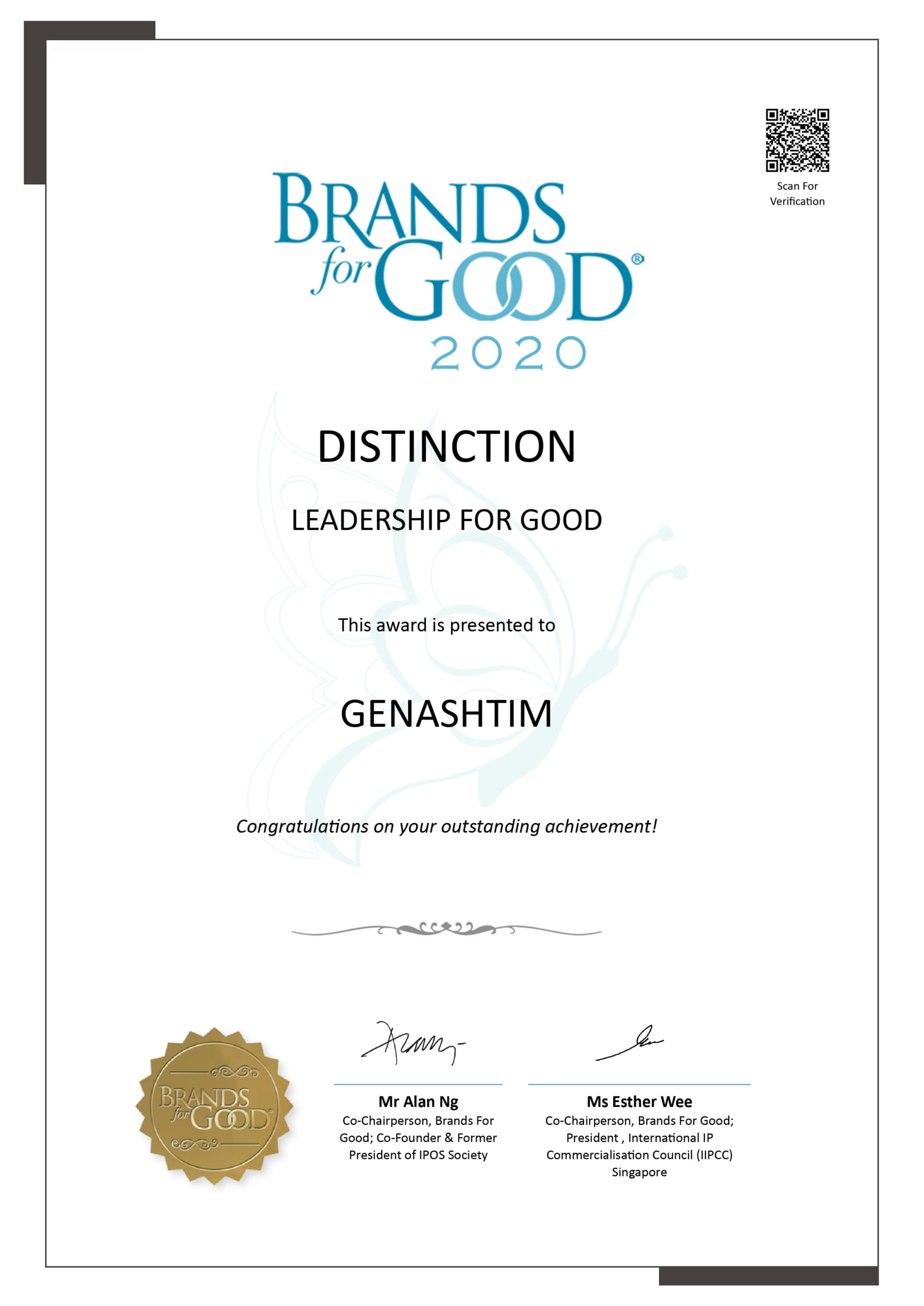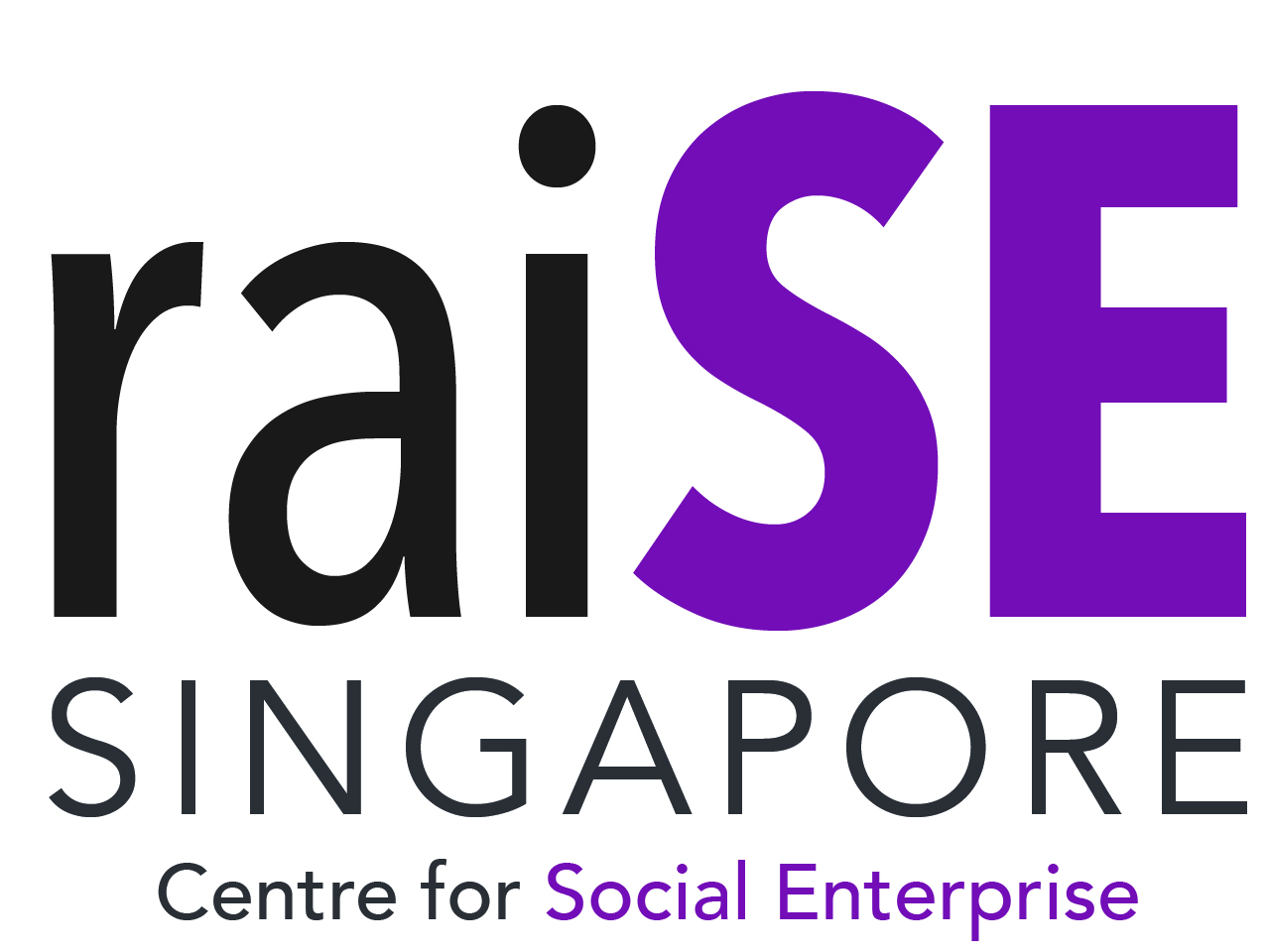Maintaining Social Connections Wit Remote Teams

I was a huge fan of the sitcom “The Office” in college. With characters like Michael Scott, Jim Halpert, and Dwight Schrute, the show portrayed the fun side of an office environment. It depicted an office full of politics, pranks, jokes, and hanging out in the break rooms while hardly getting any work done. The image of having office parties, games, and competitions all seemed quite amusing and exciting to a naïve college student. Of course, when I really started working, I found to my dismay that a workplace is much more than just its social aspects.
Even though a physical office is not all about pranks and jokes, its social impact cannot be denied. Work stress can reduce significantly if you can discuss it with a colleague over a cup of coffee in the break room. The simple act of smiling at each other encouragingly while passing by can remarkably improve your mood.
Socialization in the workplace plays a critical part in your work efficiency. Socialization also enhances your awareness of the rules, policies, and procedures for doing work. It facilitates an understanding of how your organization operates and what you can expect from it. Socializing at work can also significantly increase your job satisfaction.
Although it has already been practiced for several years, remote work became mainstream during the pandemic. For the first time in our lives, a significant portion of employees were working from home. Naturally, everyone reacted differently to it. While some welcomed it as a godsend, others regarded it as punishment for being deprived of social interactions.
Lack of social interaction is a major concern for remote workers. While remote work offers many benefits, such as the elimination of commute time and increased flexibility, it can also create a sense of loneliness and isolation.
Genashtim Pte Ltd and other seasoned remote companies have been trying to overcome this minor inconvenience that comes with remote work. From virtual hangouts to virtual treasure hunts, these companies are trying their best to make their employees feel as connected as possible.
Some of the tried and tested virtual socialization techniques used by remote companies are:
Informal Meetings:
Video conferencing is the backbone of a virtual office. The nature of video conferencing where only one person can speak at a time, however, increases the formality of the medium. Furthermore, virtual meetings have established etiquette and norms and are highly influenced by the hierarchal orders of an organization. To make virtual meetings lighter and to give the younger or more introverted members a chance to speak up, the following methods may be applied:
- Team members can come to the meeting room 10 or 15 minutes before the start time and catch up or engage in friendly banter.
- Similarly, some team members can stay and talk to each other once the meeting is over.
- Team leaders should also act as mediators and try to ensure that younger and quieter team members get to share their opinions.
In addition to the regular formal meetings, informal meetings can also be organized within the department or across the company to stimulate social conversations, which are referred to as water cooler talk from an onsite office. In these informal meetings, team members can disclose their worries and successes, share anecdotes about their families and pets, or trivia about their favorite vacation spot, etc. These meetings aim for team members to feel at ease and safe to share whatever is in their minds without feeling forced into it and without the fear of being judged.
Virtual Games:
A Japanese company made news when they conducted a virtual meeting through the “Animal Crossing” online game. Similarly, many companies have tried introducing games that can help build up employee morale with healthy work competition.
Virtual happy hours:
Another way to maintain the human touch is to introduce virtual happy hours. Meeting rooms can be set up on a departmental level or even companywide where employees can join whenever they need a break from work. Workers can share a cup of tea or coffee while gossiping about irrelevant things to de-stress. Workers can come and go as they please during the day. These meeting rooms can work as the virtual water cooler where co-workers gather during short breaks and chit-chat.
Genashtim, one of the pioneer remote companies, has long mastered the minor nuisances that come with remote work, including the social factor. The company has introduced many virtual hangout routines to ensure its remote employees do not feel isolated and alienated from their colleagues who are located across the world. Some of Genashtim’s virtual activities are:
Genashtim Tribe (Gtribe):
Having a workforce that is scattered over six continents means Genashtim employees rarely get to meet each other physically. To tackle this issue, Genashtim came up with the idea of creating virtual tribes within the company in 2013. With the G standing for Genashtim, the Gtribes were created to enable the staff to feel connected and have a sense of belonging.
As of February 2023, there are eleven tribes across the organization. The tribe members are from different departments and grouped in a way to ensure interactions across departments that may not be possible otherwise. The tribes meet monthly to discuss anything and everything – ranging from company issues to personal issues and play fun games. Each tribe is given a unique and interesting name, with every tribe having its own chief. Here is how Genashtim’s Gtribe works:
- HR assigns new recruits to a tribe that has an open space.
- The new member is introduced and becomes part of the group.
- The tribal chief schedules the monthly meeting.
- The chiefs of each tribe meet once a month to discuss any issues raised during their meetings.
- The Gtribe chiefs’ meeting tries to resolve these issues without revealing the employee’s identity
- A new tribe chief is elected every June
Gtribe is structured in such a way that not only helps employees to socialize, chat, and share their worries with their colleagues but also helps them to raise their concerns to higher management.
Annual End-Of-Year Games and Projects
To add to the year-end merriment, Genashtim introduces a new activity for the Gtribes each year. A year ago, all the Gtribes participated in a virtual treasure hunt where Gtribes were divided and combined with another Gtribe to work together in solving quizzes to find the treasure. The winning team received prizes for encouragement and recognition. These games and activities allow for socialization and cooperation among Gtribe members in friendly competitions while having fun.
Virtual Coffee/Lunch Sessions:
Another socialization activity, that Genashtim practices, is virtual coffee talks or lunches. These lunches and coffee sessions are held at the departmental level where each department holds virtual hangout sessions based on their convenience. During these lunch/coffee sessions, teammates share what they have been doing professionally and personally.
Since teammates usually belong to different countries, they get to know more about each other’s culture and unique aspects of their countries through these sessions. Through fun activities and games, team members learn more about each other, become closer to one another, and collaborate better on the work front.
In-Person Company Dinners:
Although 70% of Genashtim’s employees belong to the PWD community, employees living in the same country still find ways to organize dinners a couple of times a year to meet in person and get to know each other.
In addition to the occasional employee dinner plans, Genasthim’s founder and CEO, Thomas Ng, also arranges company dinners whenever he visits any country to socialize with the employees. Through these dinners, the boss and employees get to know each other better and create a bond of mutual trust and respect.
In Conclusion
Genashtim enjoys a unique spot in the industry with its multicultural workforce. The employees are aware of cultural differences and, as a result, respect others’ cultures and beliefs. This awareness and sensitivity aid them in interacting with international clients and customers effortlessly. The understanding and awareness, in a larger part, come from the virtual hangouts and meetups within the company. Through these virtual hangouts, Genashtim not only provides its employees with a platform to curb the feelings of isolation that comes with remote work but also enables members to become more morally and socially aware.

















































































































